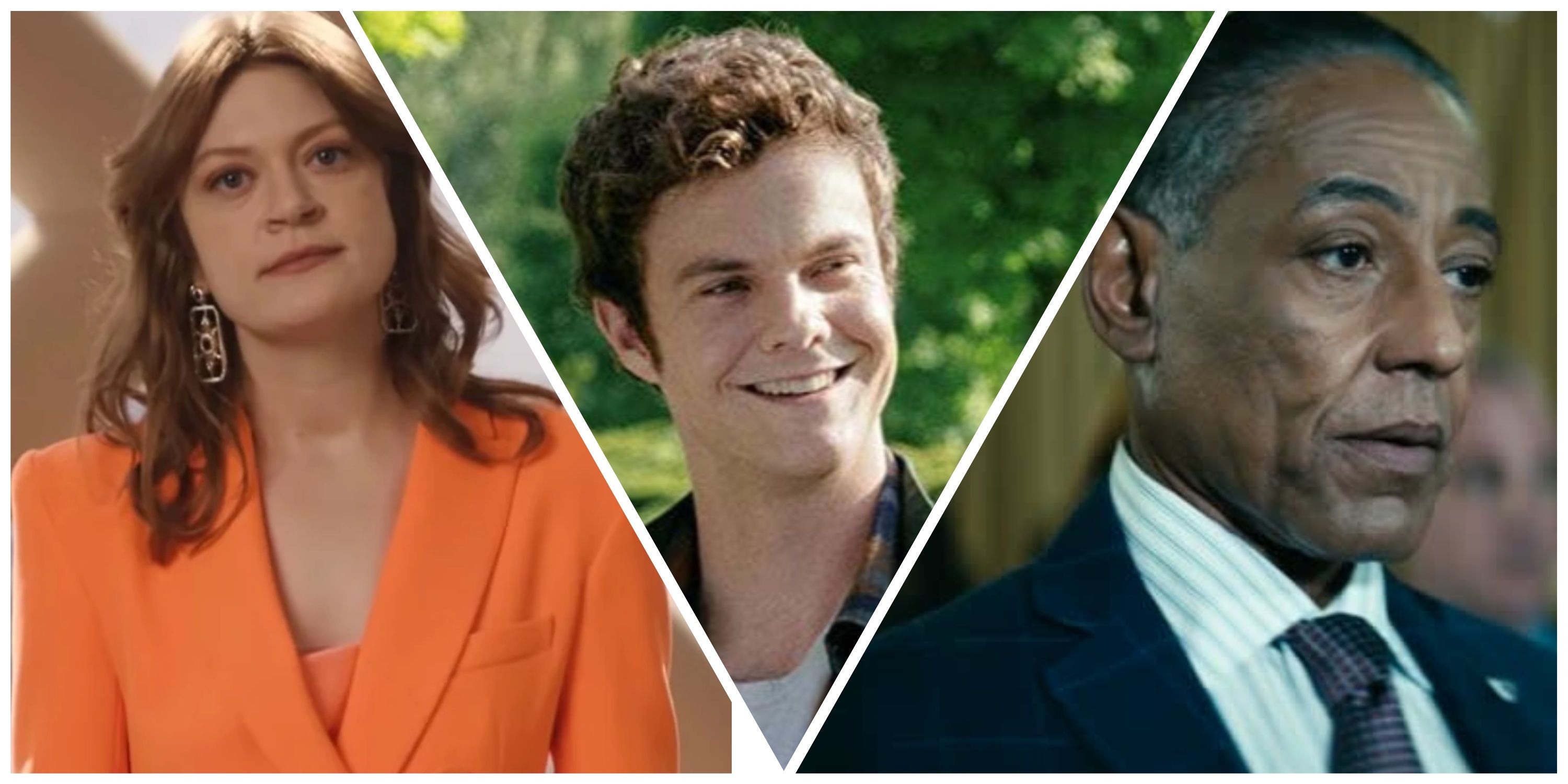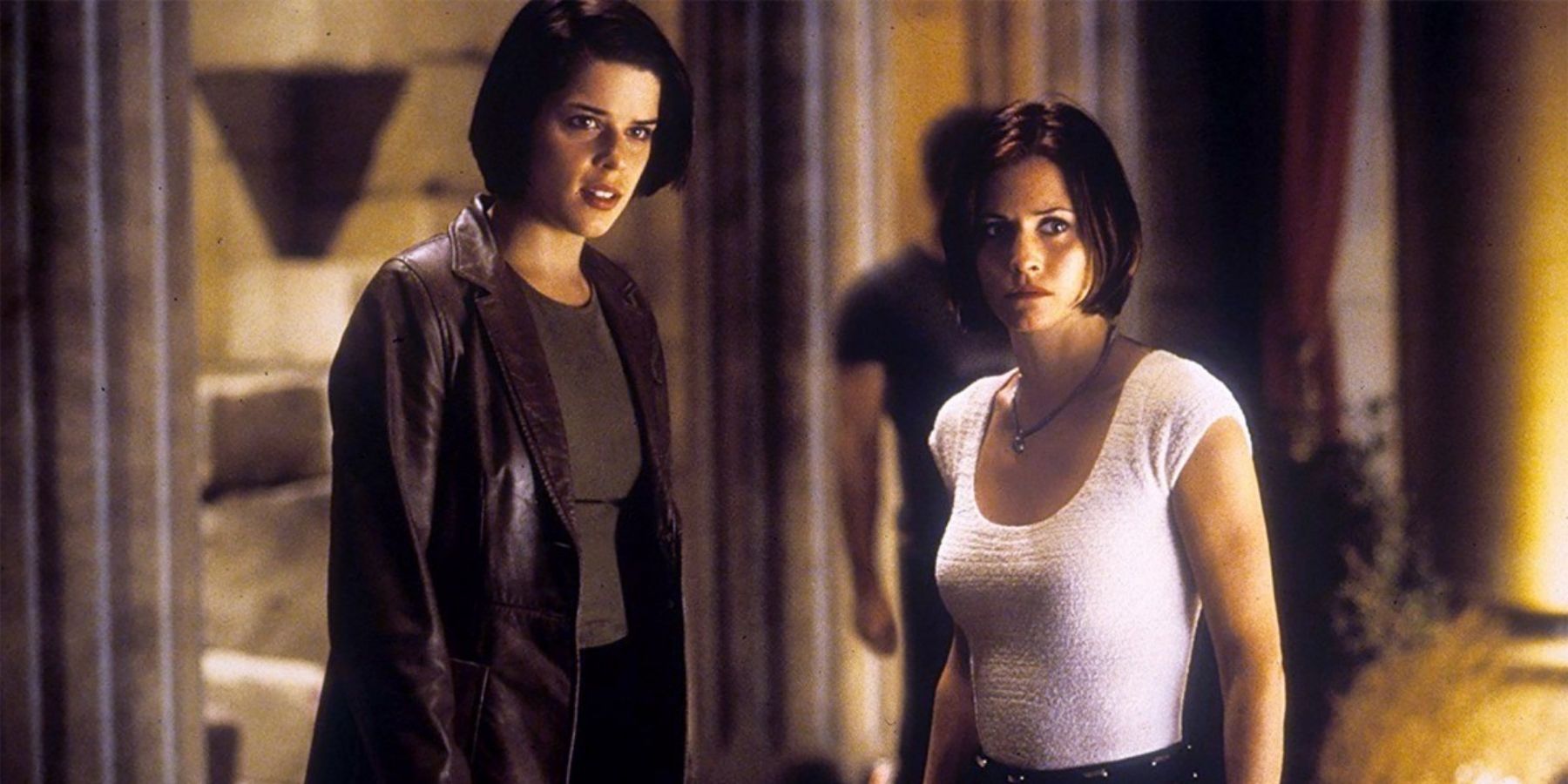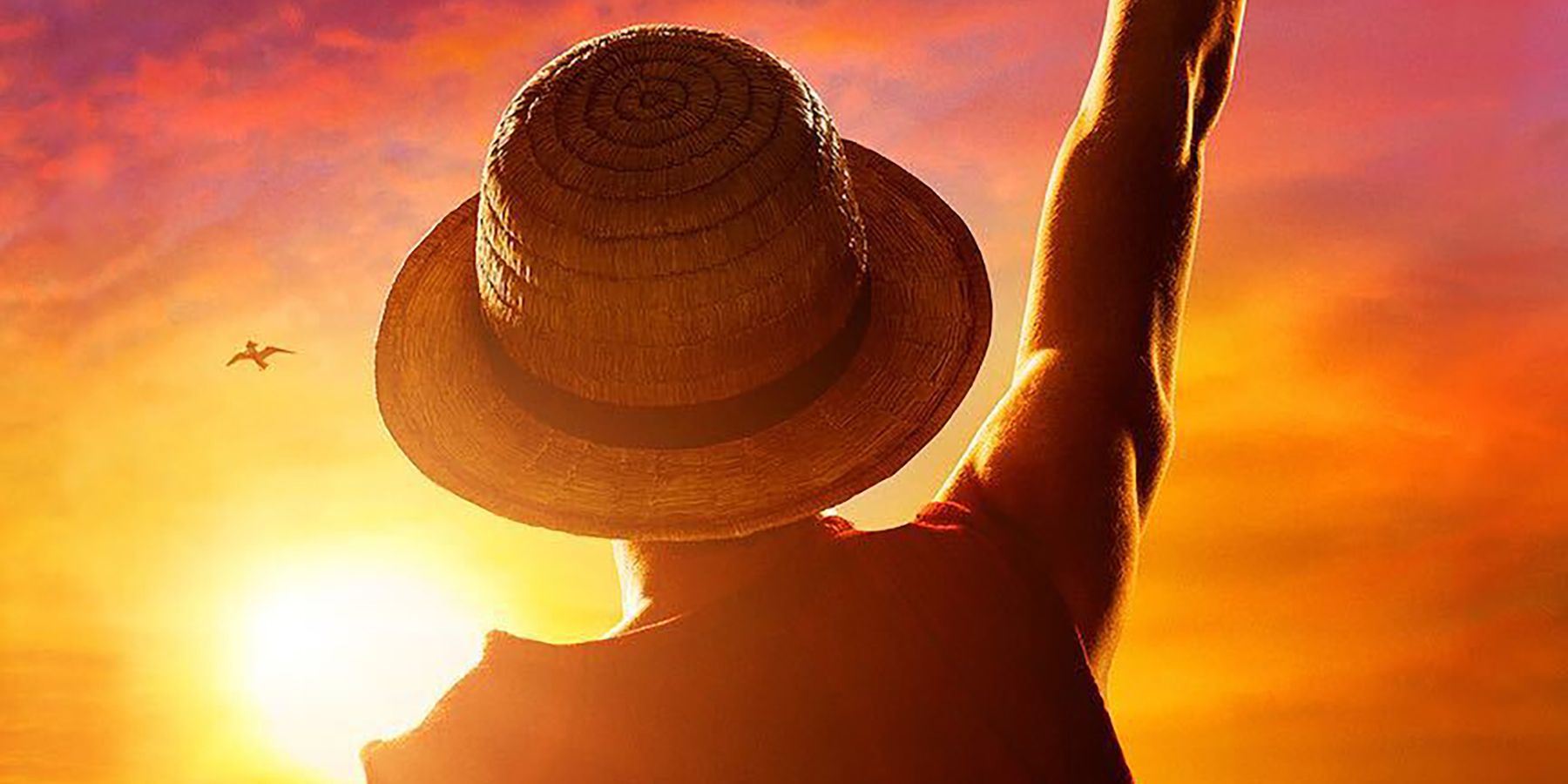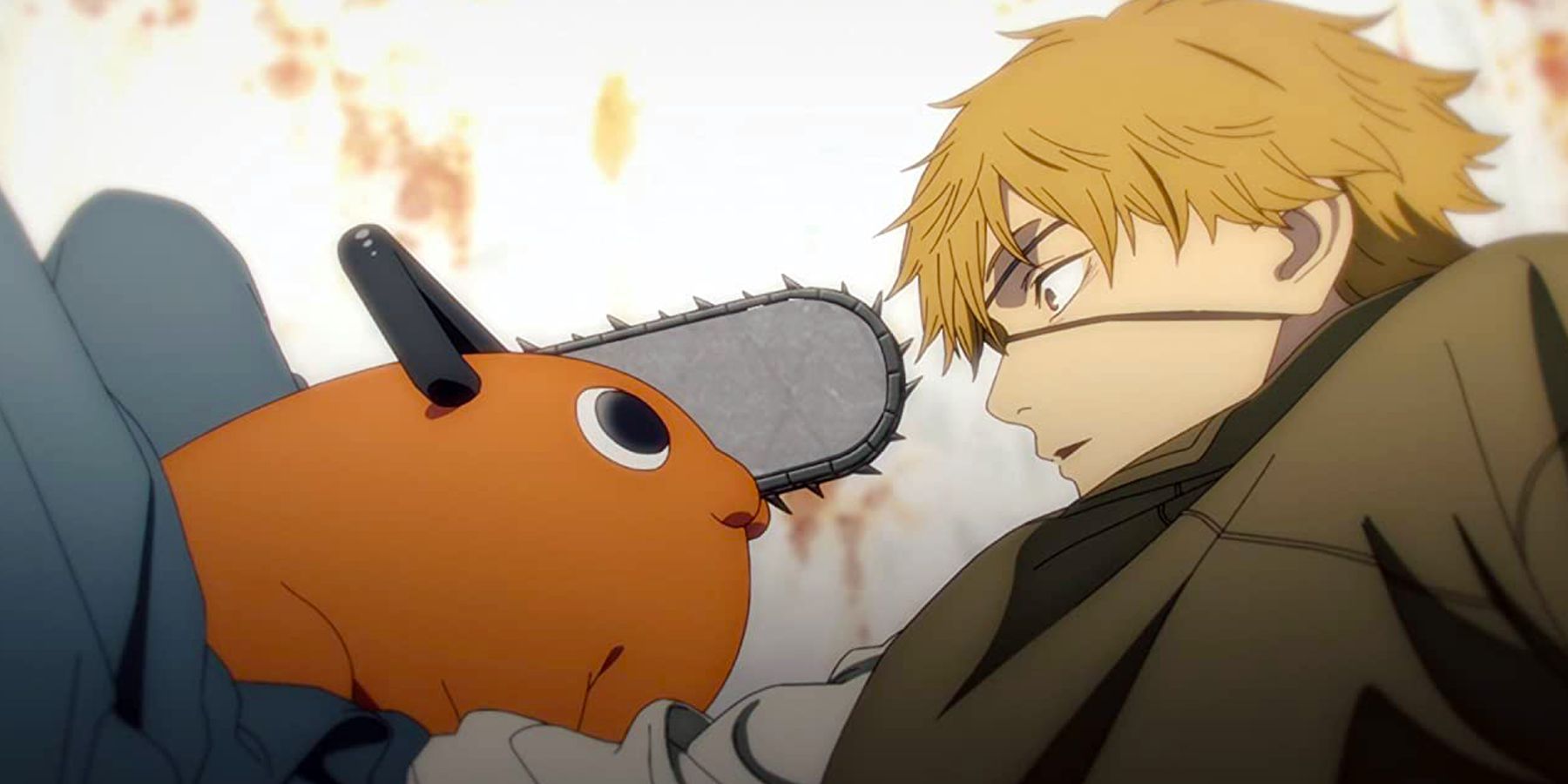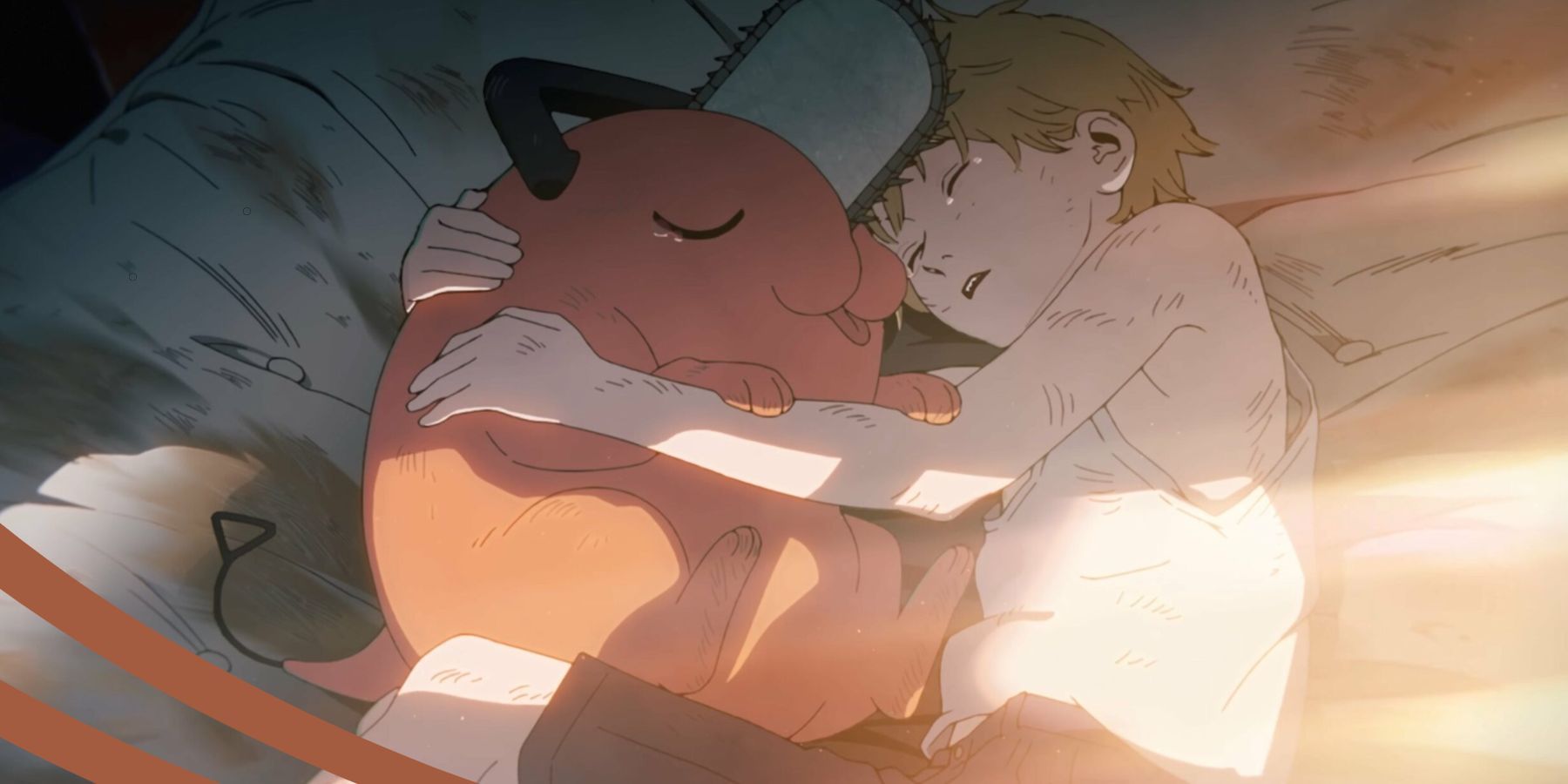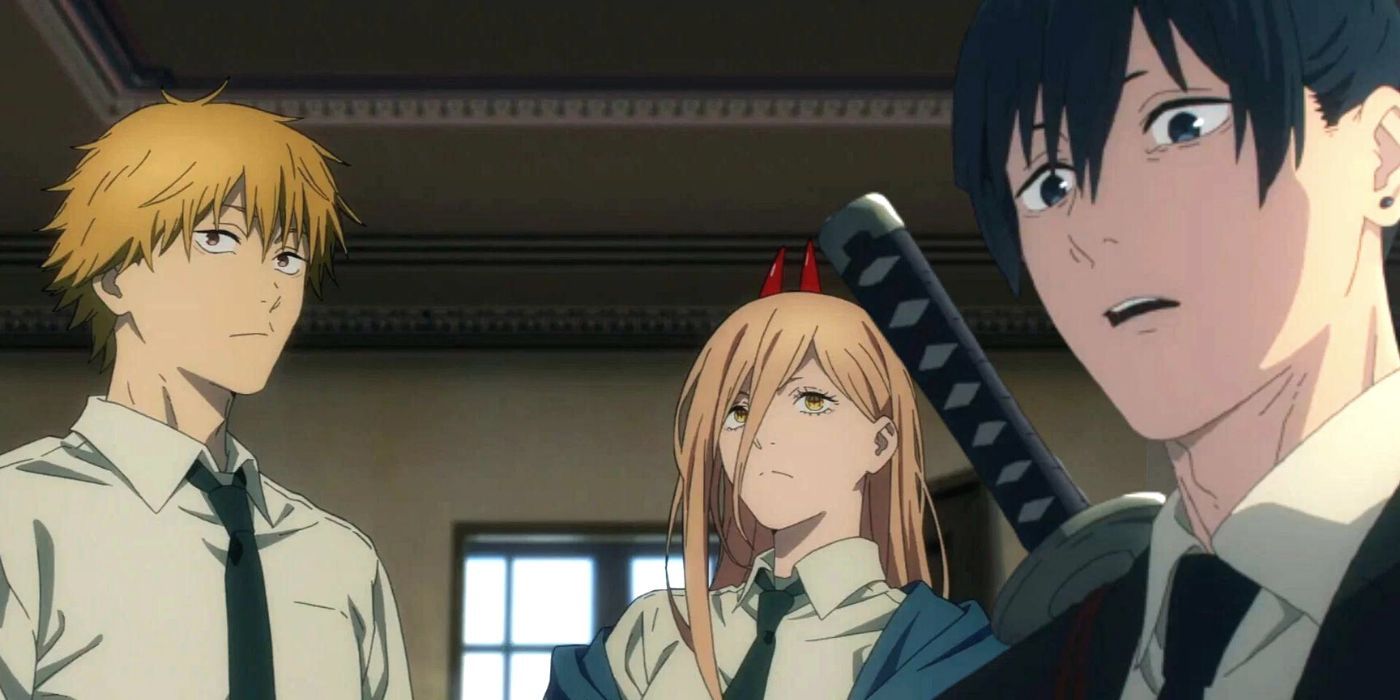This article contains spoilers for Chainsaw Man Season 1.When one first hears the title Chainsaw Man, the mental image that comes to mind is likely of a ridiculous, over-the-top series filled with intense, gory action and off-the wall humor. And indeed, that’s far from an inaccurate description of the famous shonen manga by Tatsuki Fujimoto, which recently concluded the first season of its highly-anticipated anime adaptation.
If you look at the fanmade memes, art, and videos that pervade the online presence of Chainsaw Man, you’ll find that much of it relates to the series’ wackier moments — particularly involving characters like Denji, Power, and Kobeni. However, there’s much more to this story than goofy characters, raunchy humor, and violent fight scenes. If you look beneath the surface of Chainsaw Man, you’ll see that the series’ heart is all too human.
A Boy and his Chainsaw
It’s very telling that the first episode of Chainsaw Man is not devoted to showing off the exaggerated comedy or fierce superpowered brawls that the series has become known for. Instead, the beginning of the story is devoted to establishing the tragic life of protagonist Denji. The anime’s first episode is downright heart-wrenching at times as it depicts Denji’s life as an underprivileged orphan exploited as a Devil Hunter by the yakuza. The story offers an unflinching look at how dire Denji’s condition is. He’s underfed, uneducated, and living in squalor, and his only friend in the world is his loyal dog Pochita — aka the Chainsaw Devil. His only relief comes from the distant dream that he’ll someday be free to indulge in the ordinary pleasures that most people take for granted.
However, what little happiness Denji has is suddenly ripped away when he’s attacked and mortally wounded by the Zombie Devil. However, he receives a second chance at life thanks to the noble sacrifice of Pochita, who saves Denji by becoming his new heart. Now with the heart of the Chainsaw Devil, Denji gains the power to transform into the deadly Chainsaw Man, allowing him to enact his savage revenge against the Zombie Devil. But despite the stylish, bloody visuals of the show’s first fight scene, the battle is also driven by Denji’s emotions — his rage and sorrow at losing Pochita, and the catharsis of his brutal destruction of the monsters who took him away.
That elegant interweaving of heightened, fantastical action and genuine human emotion more or less defines the tone of Chainsaw Man as a series. The next few episodes dial back a bit on the tragedy, instead focusing on Denji’s new status quo and relationships with his Devil Hunter coworkers. The series’ trademark offbeat comedy first enters the picture through Denji’s dynamic with Aki, and only ramps up even further with the introduction of Power. Denji quickly goes from sickly and downtrodden to brash, loudmouthed, and none too bright. He hatches harebrained schemes to take on his enemies, has no qualms about going for the groin in a fight, and is initially motivated by the dream of touching a girl’s chest. Despite what the first episode might have you believe, Denji is not a serious character.
Human After All
And yet, as goofy as he may seem, Denji’s character is still rooted in a very honest story of growth and self-discovery. His grand ambition of copping a feel may be laughable, but it’s more than just a vulgar joke. At the start of the series, Denji is still unsure of what he wants out of life beyond basic comforts. He’s spent his whole life struggling just to survive, so he’s never had the opportunity to dream of something greater. But ultimately, what he wants more than anything is intimacy with another person. Of course, since Denji is an immature, hormonal teenager, this desire manifests through a longing for physical intimacy — preferably with Makima. However, it soon becomes clear that what Denji truly needs is emotional intimacy, even if he doesn’t yet realize it himself.
At first, Denji is belligerent and disagreeable towards Aki and Power, only working with them as a means to an end, so he can get closer to Makima. However, after Katana Man and Akane’s massacre of Special Division 4, things begin to change. At first, Denji is surprised by his lack of sorrow for his fallen comrades, fearing that the loss of his human heart means he’s no longer capable of human emotion. But as he trains to get revenge on Katana Man, his camaraderie with Power and Aki slowly but surely grows stronger, showing that his inner humanity is still alive and well. By the time the season is over, the unlikely trio have gone from being at each other’s throats to feeling like a real family.
As weird and wild as it can so often be, the story of Chainsaw Man isn’t really about the comedy or action. At its core, it’s a story about a lost, lonely kid trying to find his place in the world after losing everything. Underneath his goofy facade, Denji’s journey is a sincere, heartfelt coming of age story, and it’s genuinely touching to see him slowly come to care for his new family. And in the end, that’s a big part of what makes Chainsaw Man so special. Yes, the offbeat humor and pulse-pounding Devil Hunter action are important aspects of the series’ identity. But in the end, it’s the human heart of Chainsaw Man that makes it truly great.

